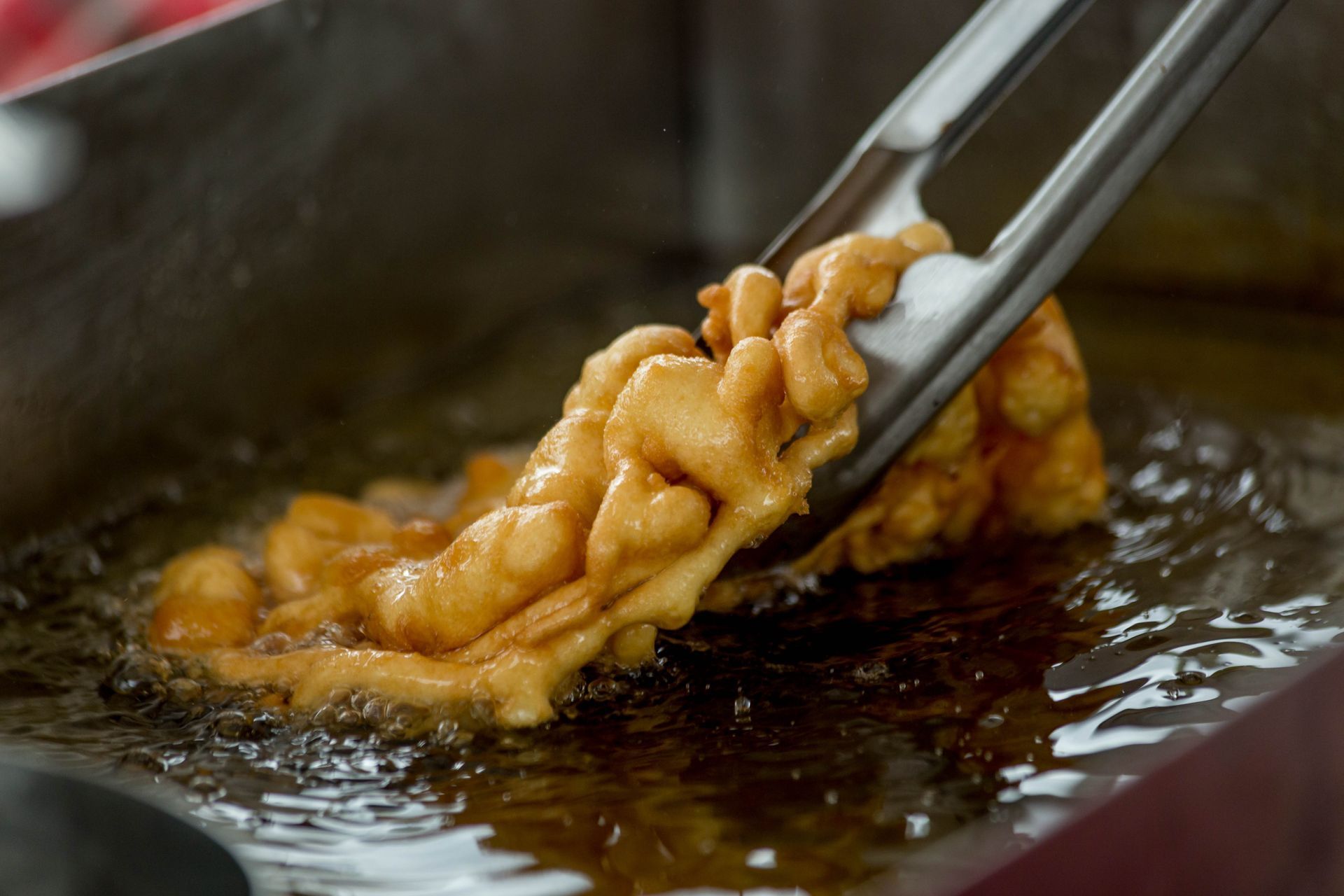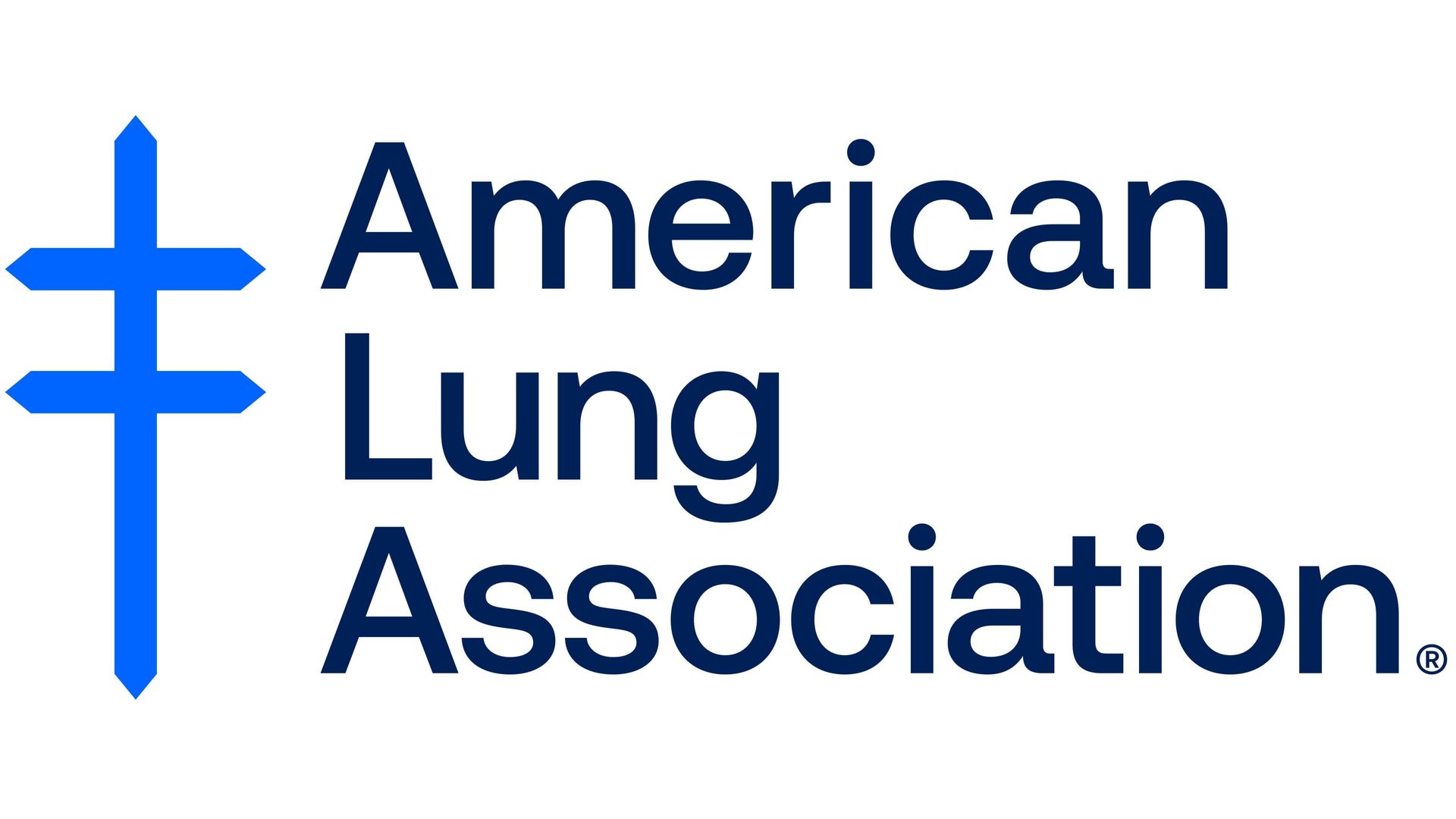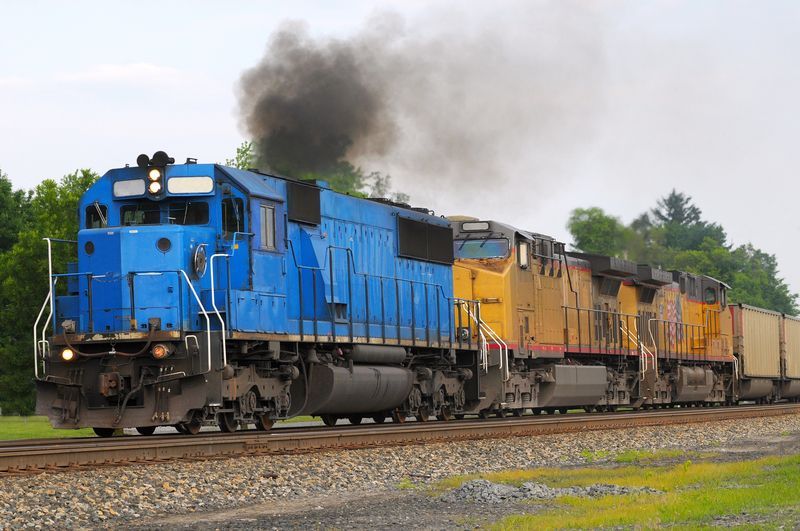There's Gold In Them Thar Vats. Clean Fuels Gold.
Leftover Oil, Grease Could Get Second Life As Clean Fuels

Hold on to your fryers, funnel cake suppliers, greasy spoons and other food establishments in New Jersey that like to deep fry. There’s gold in them thar vats.
It’s no secret that running a restaurant is brutal, especially after a few years of COVID lockdown. Even in a normal economy, six in 10 go under in the first year. Eight in 10 usually fail within five years.
But what used to be considered waste could be a lot more valuable as renewable fuels use goes up.
Out Of Dump, Into Pump: Used Oil To Eco-Friendly Fuels
That unsightly leftover oil and lard that once went to landfills to decompose has the potential to help the state's restaurant industry thrive, even in the face of other economic uncertainties.
Fryer waste can be made into eco-friendly and sustainable fuels that reduce toxic air pollution by up to 80 percent compared to gasoline and petroleum-based diesel, at prices competitive or even below gas prices.
Over the past several years, thefts of used cooking oil and grease have been on the rise nationally, thanks to increasing demand for clean fuels in California and Oregon and elsewhere. It has even been dubbed the "new copper" for its value on the black market.
Up To 34-M Gallons Of Clean Fuels A Year Could Come From Leftover Oil
New Jersey has nearly 20,000 restaurants, employing 307,900 people, and generating $23.3 billion a year in revenue, according to latest National Restaurant Industry Association statistics.
The average U.S. restaurant produces from 150 to 250 pounds or 20 to 33 gallons of used cooking oil a week, according to Restaurant Technologies Inc. estimate. That computes to 1,040 to 1,700 gallons a year per establishment.
New Jersey's food establishments have the potential to provide as much as 34 million gallons of used oil, grease, and so on per year as clean fuel feedstock, depending on how accurately RTI's national numbers bear out for the state. That's essentially 34-million gallons of fuel, assuming one gallon of feedstock produces about 1 gallon of fuel as it does for biodiesel at least.
Flourishing Eateries Means $$$ For All New Jerseyans
Food establishments already account for 8 percent of employment in the Garden State. By 2030, they're expected to employ nearly 20 percent more New Jerseyans (an additional 57,300 jobs), according to the National Restaurant Association.
Additional revenue from turning waste into fuel would likely push employment even higher. And then there's the rippling effect a thriving restaurant sector would have on everyone else in the state.
Every dollar of revenue brought in food establishments generates $2.12 for N.J.'s economy. Every $1 million made generates nearly 18.2 additional jobs, according to the restaurant association.
Want to help support your favorite restauranteur, chef or waiter? Support clean fuels for cleaner air and a better economy.
Related Stories:
Why Cooking Oil Thefts Are On The Rise
How To Make Biodiesel From Used Cooking Oil




